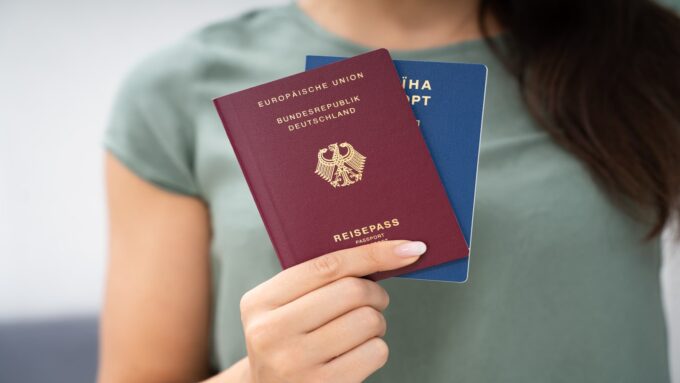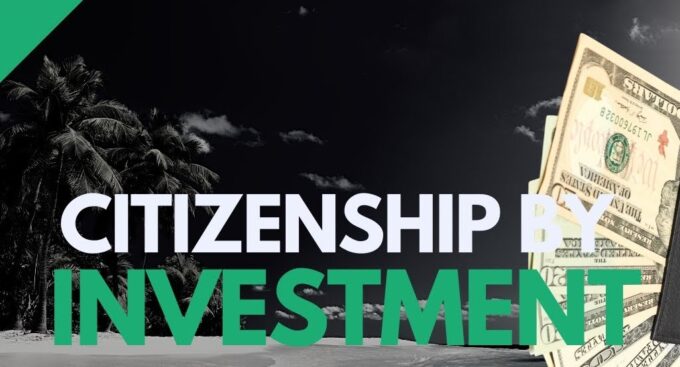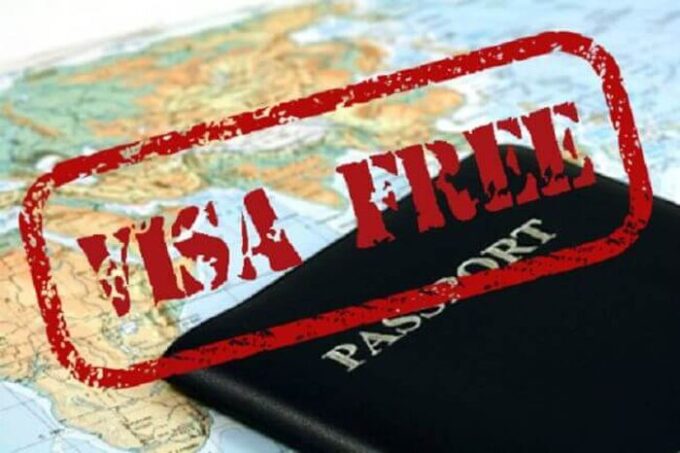Are you someone who loves to travel quite a lot? Do you enjoy exploring new destinations, or potentially moving cities? A decision for second citizenship should not be taken carelessly and should be planned out ahead. It is not an overnight step that you can make, after all.
Although there is a ton of information available on this subject, some of it is outdated, and other information can vary quite a lot based on your chosen country. Before purchasing your second passport or even applying for one, you have to know about all the pros and cons of it. Here is what you should know.
5 Things to know before you decide to invest in a second passport
1. So, is dual citizenship allowed?

Source:facebook.com
To be sure, some countries do not allow citizens to hold dual citizenship.
This is beneficial for both your current country and the potential destination country.
If both countries prohibit dual citizenship, you will need to either renounce your previous citizenship or live in the new nation indefinitely without applying for citizenship.
In many countries, however, permanent residency must be renewed every five to 10 years, so keep that in mind if you plan on making this big step.
Finding out if you can fulfill the requirements for permanent residency in the country of your choice is an important first step.
2. What benefits can you enjoy
The desire to travel without a visa to countries like the Schengen region, the United Kingdom, the United States and Canada frequently motivates people to get a second citizenship. These are also some of the most popular countries worldwide worth exploring.
For a lot of people, visiting these might be done to reduce tax obligations, create a haven abroad, or protect assets like cryptocurrency.
Common Reporting Standard adoption is closely related to an increase in citizenship conversions and associated changes in tax residency (CRS).
Bitcoin investors throughout the world seek as much independence as possible in the management of their assets, despite the fact that certain countries have passed specific legislation to government taxes and cryptocurrencies.
3. Stability

Source:facebook.com
Several countries in the Caribbean and Europe have citizenship by investment (CBI) programs designed to entice wealthy foreign investors to participate in their economies. These can be quite helpful and are often worth exploring.
These investment programs, often known as “economic citizenship” schemes, provide citizenship to the primary applicant and their immediate family in exchange for a sizable financial investment, usually in real estate that has obtained official sanction.
However, not all of these investment opportunities provide the same routes to permanent residency in the host country, even if they ultimately result in full citizenship in the host country.
Some of these second citizenship programs, for instance, require substantial gifts to the government, firm investments, or payments to the nation’s development fund in addition to or in place of a real estate investment. Citizenship programs range in price and benefits, so applicants can pick the one that best suits their needs.
However, the benefits of increased mobility, personal security, and a sense of stability in times of political turmoil or financial crises are shared by all of these investment programs because they lead to citizenship and permanent residency.
As a result, immigrant investors are turning to them to help them become citizens.
4. Visa-free access

Source:visaguide.world
A good explanation must be given in order to get a second passport to the country that you’re applying for.
If you require a passport to go internationally, knowing how many nations you can enter without a visa is perhaps of the biggest importance.
Today, Malta and Cyprus are the most straightforward countries to enter without a visa.
But those nations are the most expensive since they are EU members.
For instance, did you know that a Bulgarian passport also provides access to a variety of intriguing travel opportunities? You should also consider how much it would cost to obtain a new passport.
This has a very broad price range among nations. This is why you should educate yourself on the requirements for acquiring a new passport as well as the accompanying fees. Ask yourself some of the following questions (and try to find answers):
Is linguistic proficiency required?
Is it necessary to research a country’s history?
Do you have any specific paperwork that they need from you?
How is the bureaucracy doing?
5. Healthcare benefits

Source:news-medical.net
Can you get medical attention without paying for it? This is, without a doubt, the most important factor and a thing that you should consider and investigate. Can your new passport provide you with full treatment?
How satisfied are you with the public health services available to you?
What other expenses are associated with private medical care?
Sometimes, even if a person moves there and registers as a resident, they may not immediately be eligible for healthcare services, and getting this perk may take months or years to happen.
Therefore, until the healthcare system is established, you may want to consider purchasing some expat health insurance in case of an accident or unexpected medical emergency. The truth is that all of this varies from one place (both country and continent) to the other.
How and where to get a dual citizenship?
Do you want to give this a go, but you’re not too sure where to begin, or how to narrow down your options? If you decide to invest in a second passport, St Kitts and Nevis citizenship from a small Caribbean state can be your best option. It is a gorgeous place, perfect for families with kids. You and your entire family can obtain a passport + you can travel to 156 countries visa-free. There is a citizenship-by-investment program that everyone can be a part of. If you have any questions and you want to make this serious move, check out St Kitts & Nevis citizenship and let them help you out with any inquiries!

